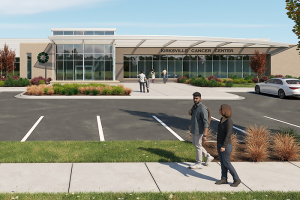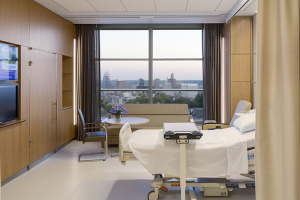ASHE Webinar on Wireless Medical Telemetry Service now online
Webinar discusses important changes to Wireless Medical Telemetry Service
The American Society for Healthcare Engineering (ASHE) has posted its webinar "Critical WMTS Update: What You Need to Know" online.
The webinar discusses the latest information about an important Federal Communications Commission (FCC) decision that will allow unlicensed devices to operate on the same channel as the Wireless Medical Telemetry Service (WMTS) used by hospitals.
ASHE and the American Hospital Association shared concerns that the new rule could interfere with wireless monitoring of patients' vital signs and requested the FCC postpone its ruling. Although the request was denied, the FCC did approve a mechanism to increase the buffer zone between a hospital's WMTS and unlicensed devices.
ASHE members can access the webinar recording for free.
Also this week:
HHS launches redesigned online radiation treatment resource
Health & Human Services (HHS) has completed its first major redesign of the Radiation Emergency Medical Management (REMM) website since it launched in 2007. REMM gives health care personnel key information about the diagnosis and treatment of radiation injuries and access to interactive clinical tools and data. REMM was accessed more than 170,000 times in the first day following the Fukushima, Japan nuclear plant disaster in 2011.
NATO develops multinational telemedicine system
The North Atlantic Treaty Organization is developing a multinational telemedicine system to improve access to health services and increase survival rates in emergency situations, including in remote areas. The technology was successfully live tested during a field exercise in Lviv, Ukraine.
FDA Safety Communication on heater-cooler devices
The Food and Drug Administration issued a safety communication regarding heater-cooler devices that could lead to Nontuberculous Mycobacteria infections, primarily in patients undergoing cardiothoracic surgical procedures. The alert applies to heater-cooler devices that provide heated and/or cooled water to oxygenator heat exchangers, cardioplegia heat exchangers and/or warming/cooling blankets.
The FDA received 32 medical device reports between January 2010 and August 2015 of patient infections associated with heater-cooler devices or bacterial heater-cooler device contamination.




